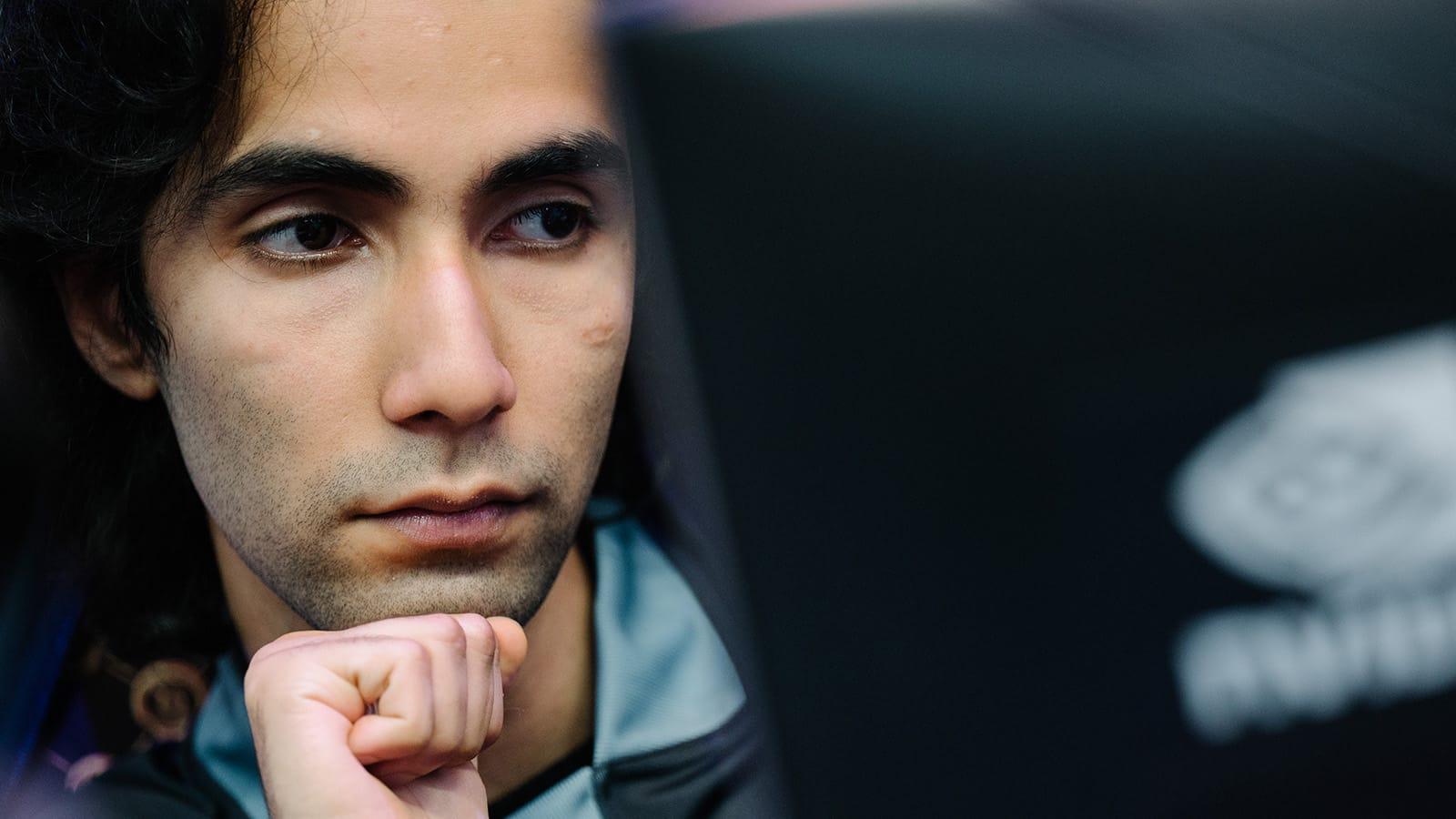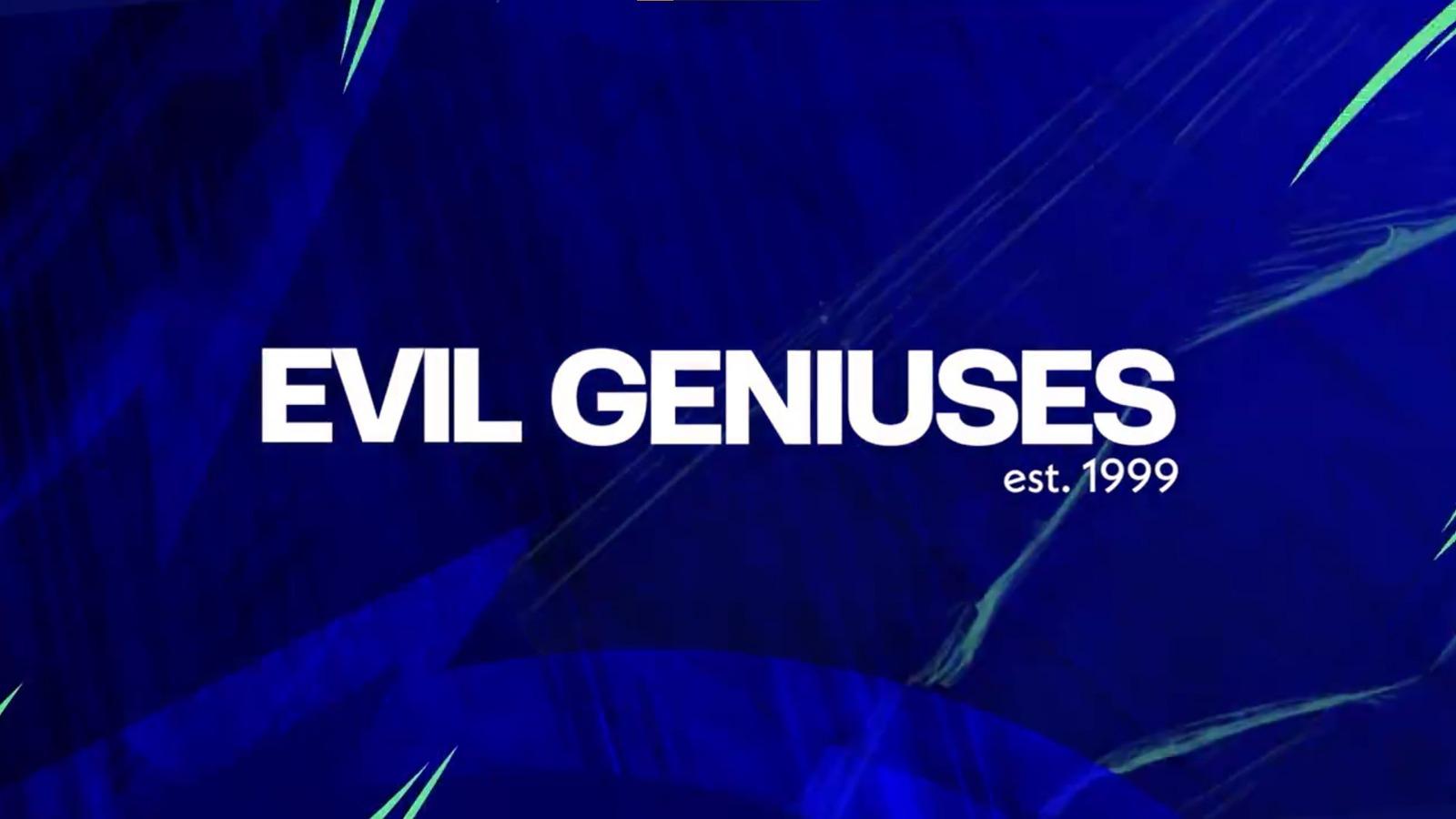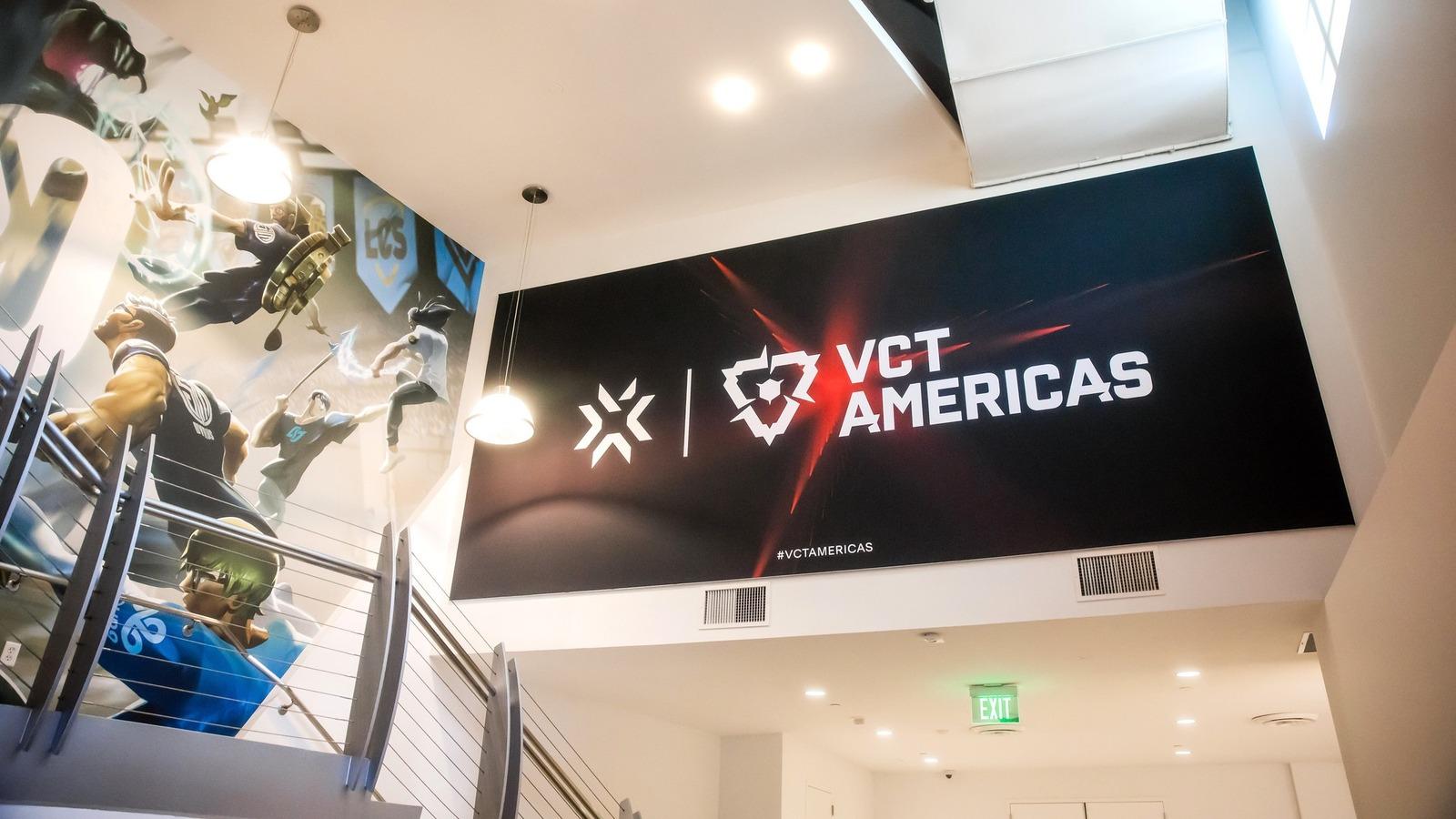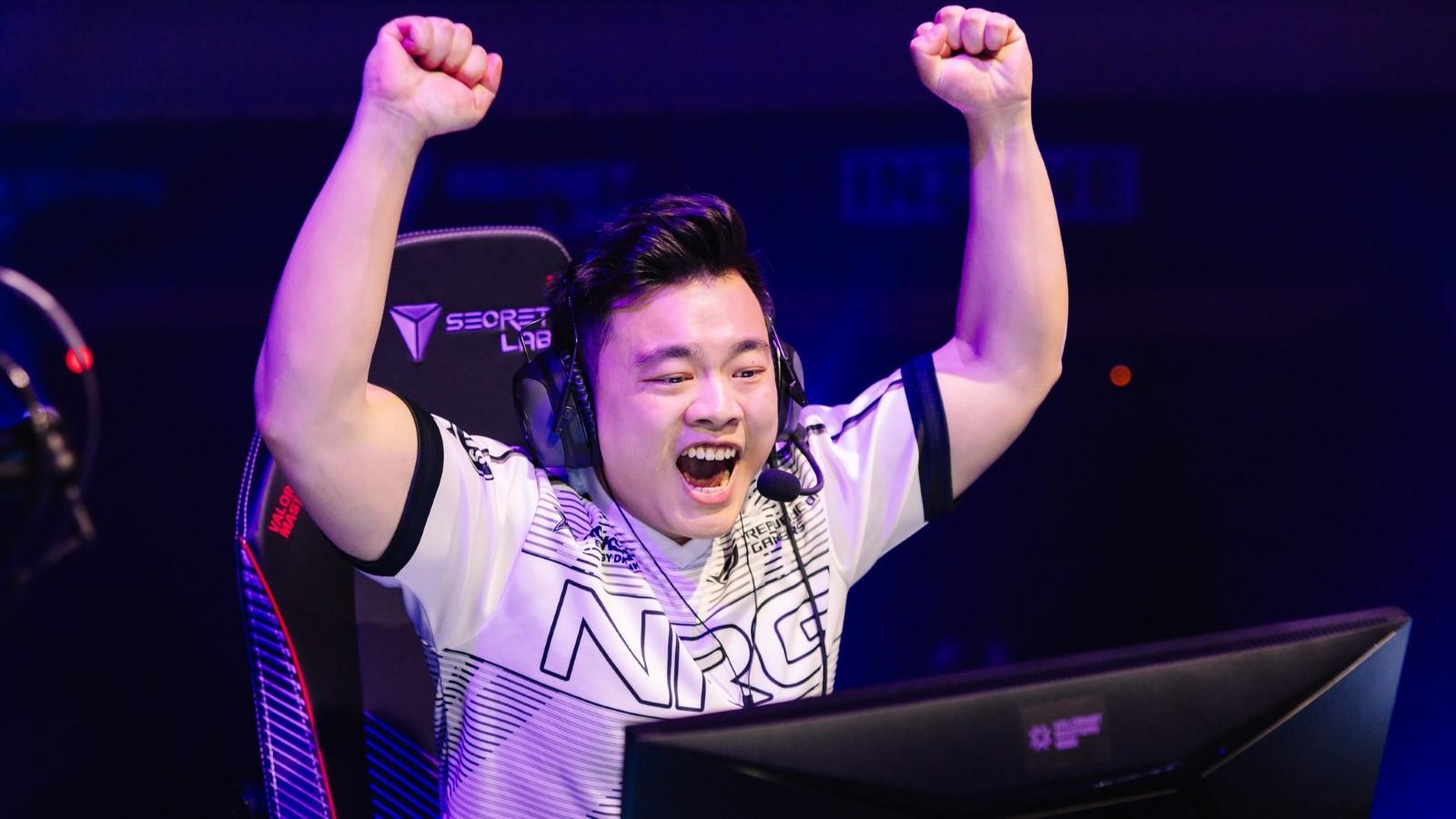Learning from LoL success, Evil Geniuses launch 15-man CSGO roster
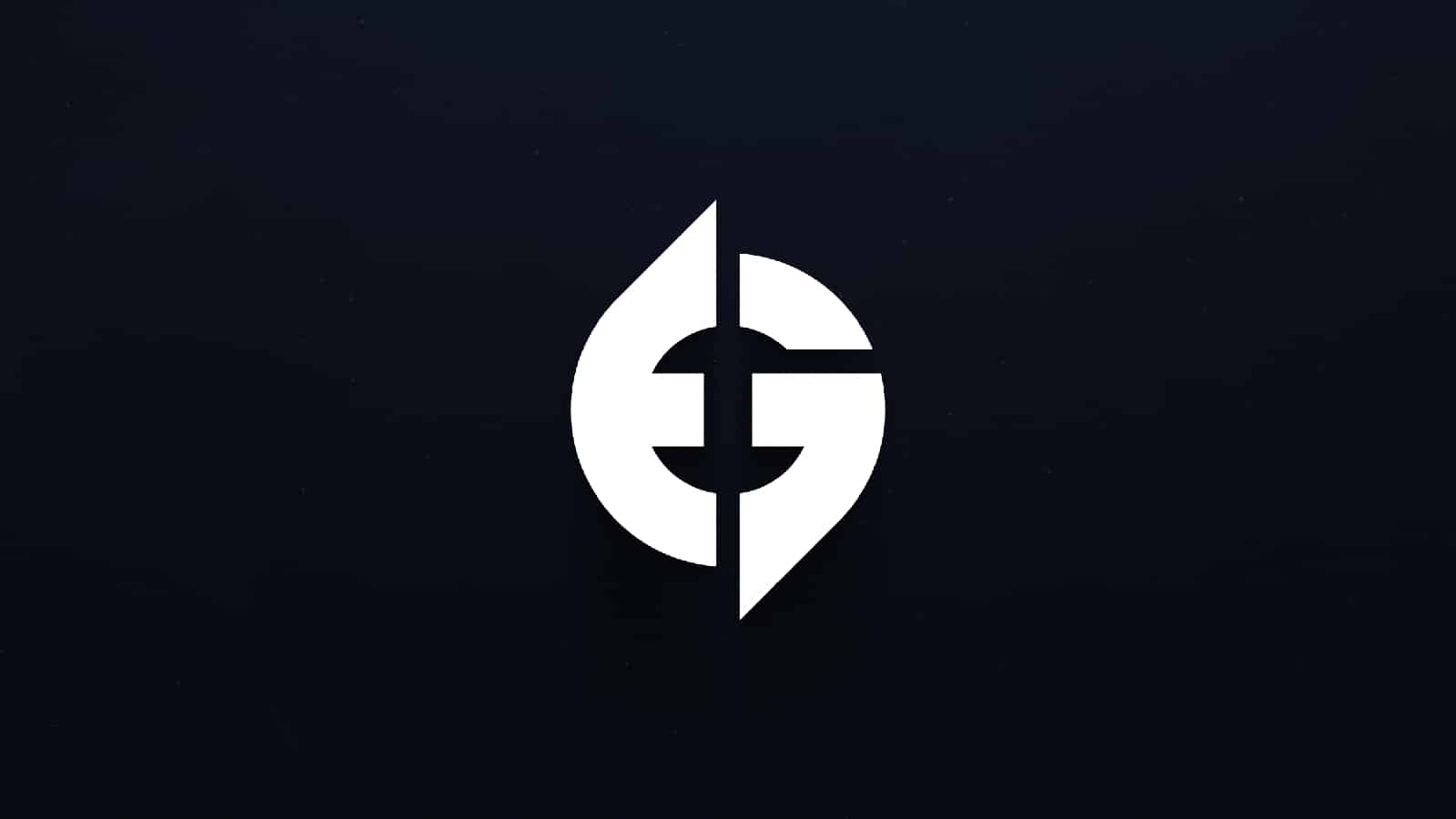 Evil Geniuses
Evil GeniusesEvil Geniuses have signed the Party Astronauts and Carpe Diem rosters as part of Blueprint, a new training and development program for CS:GO.
The move sees Evil Geniuses create the “first-ever 15-player roster” in CS:GO as the Party Astronauts and Carpe Diem teams join the organization’s existing lineup. Evil Geniuses’ plan is, beginning in 2023, the team will operate “as a fluid roster”, giving the best performers the chance to compete in the biggest events.
Blueprint is a development program aimed at revitalizing the North American CS:GO scene, which has struggled to remain relevant in the game in recent years. At the recent PGL Major Antwerp, Complexity were eliminated in 20th-22nd place, while Team Liquid did not win a single game in the Legends Stage after squeezing past the Challengers Stage.
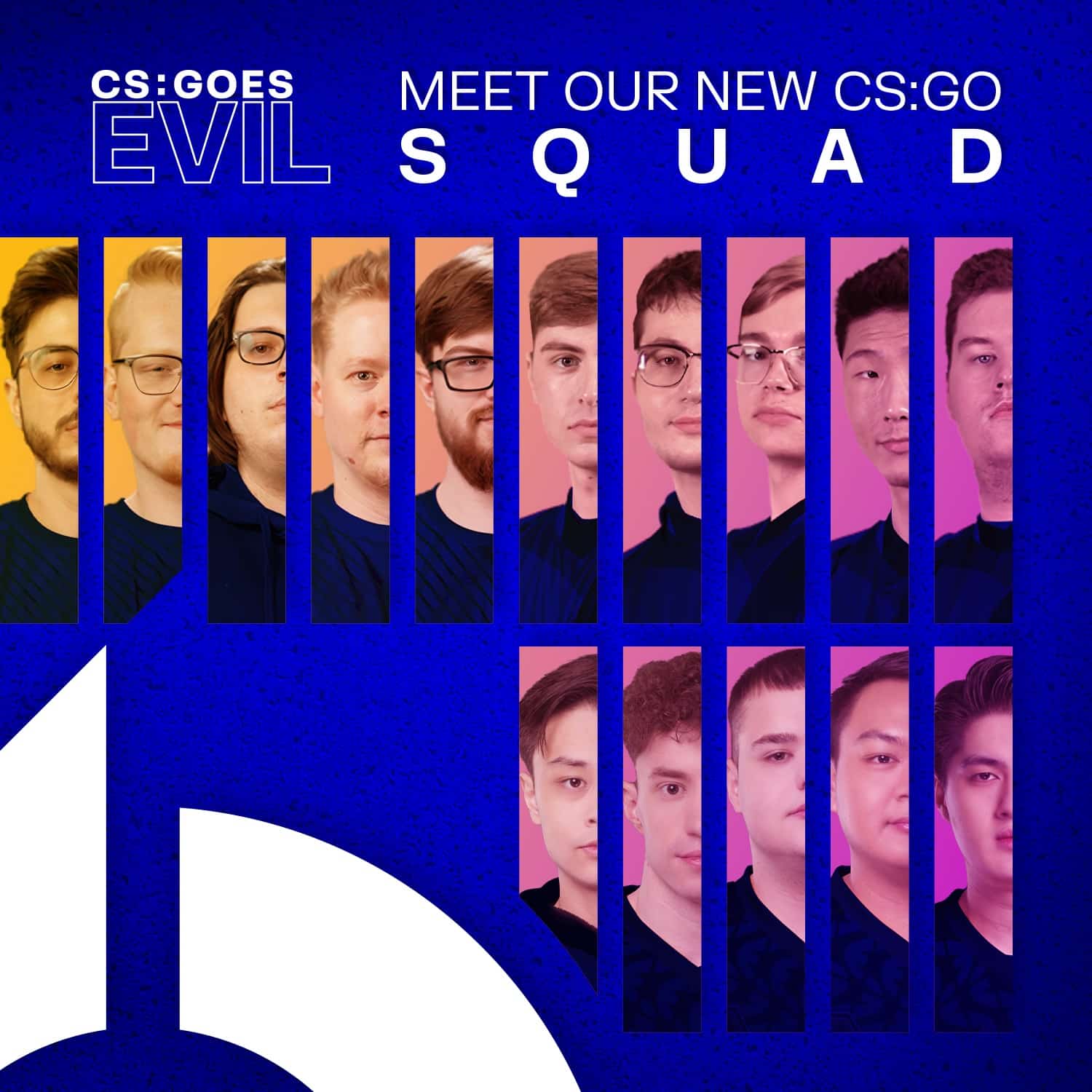 Evil Geniuses
Evil GeniusesEvil Geniuses’ own team, featuring the core of Cloud9’s Boston Major-winning lineup, has come under intense scrutiny following a run of poor results. The team failed to qualify for a number of international events, including the Major, prompting CEO Nicole LaPointe Jameson to apologize to fans on Twitter. “We are not complacent with these results and are committed to making changes to improve!” she wrote.
But Blueprint is not a band-aid solution to Evil Geniuses’ current problems, the organization’s director of gaming excellence Danny Engels tells Dexerto. It’s about addressing some of the structural issues that have prevented North American teams from nurturing elite talent and challenging for the biggest titles.
“It’s pretty clear that the way we have been working in North America doesn’t seem to lead to success,” he says. “Many players complain about the practice in North America not being up to standard when compared to Europe or just the missing infrastructure.
“There are no tier-one tournaments happening in North America, and it’s really hard for players to make a living out of playing Counter-Strike.”
Engels says that Evil Geniuses will not operate the Party Astronauts and Carpe Diem teams as an academy project but rather as an expansion to their existing team. In the coming months, the new players will be onboarded into the company at EG’s headquarters in Seattle while the main team focus on their upcoming tournaments, including ESL Pro League 16 and BLAST Premier Fall.
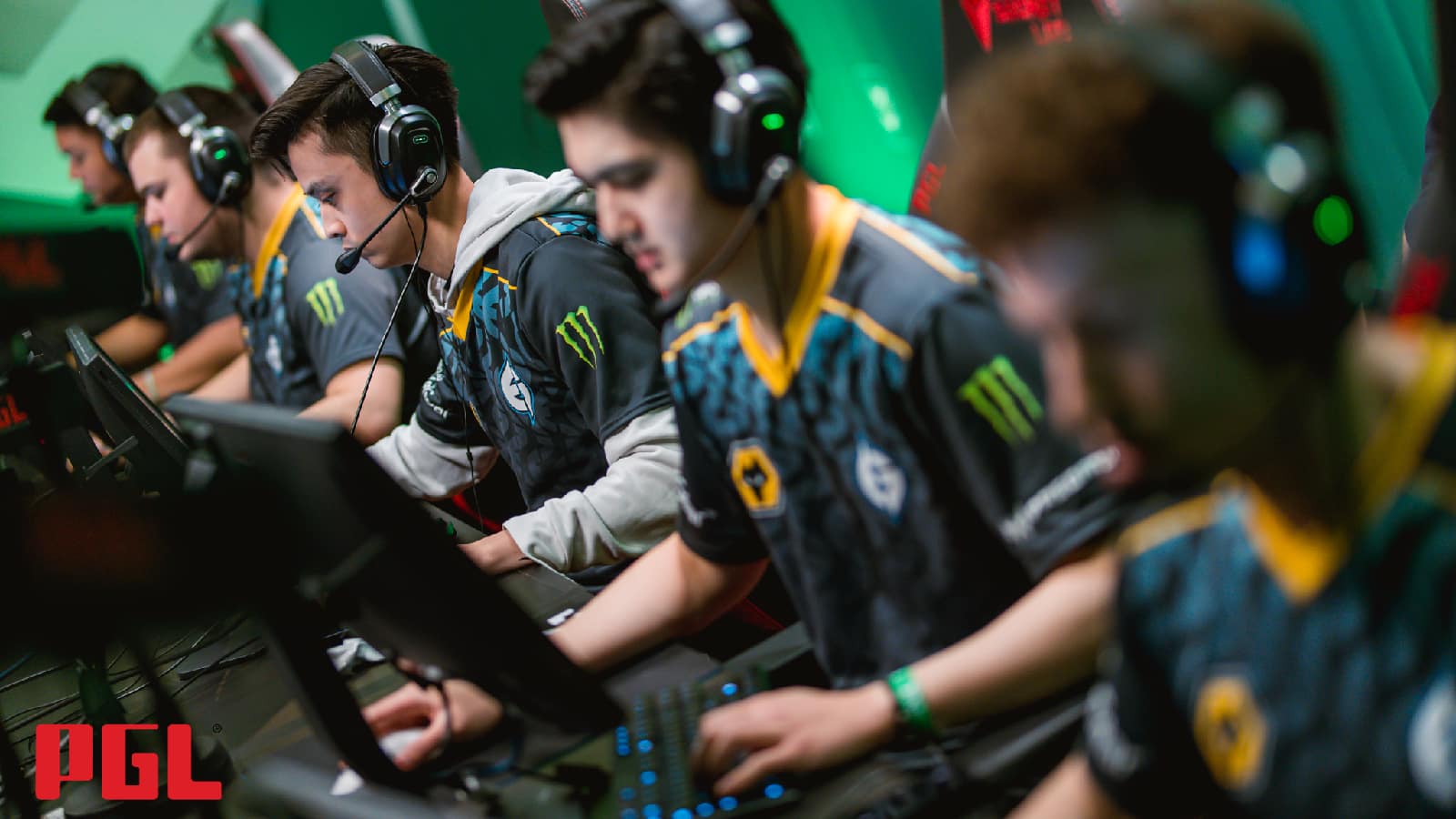 João Ferreira for PGL
João Ferreira for PGLWith Blueprint, Evil Geniuses will be able to participate in a wide variety of CS:GO tournaments without putting additional strain on the main team. “There could be a world where three Evil Geniuses teams will be playing at the same time in three different tournaments,” Engels says.
The three rosters will stay untouched for the time being, but in the future, Evil Geniuses will consider shuffling players around, depending on the teams’ needs and the events on the horizon.
“You want to have five players to compete in the RMR and the Major,” Engels says. “But ESL has a rulebook that gives you the potential to run a ten-man roster. BLAST, for example, also has a lot of flexibility when it comes to changing rosters from stage to stage.
“We feel super strong about the flexibility to move players around the teams, depending on what we feel is the best possible setup for EG to be successful.”
Developing more young stars
Chris DeAppolonio, chief innovation officer at Evil Geniuses, explains that a key aspect of Blueprint will be the adoption of the analytics-driven approach that has proven so successful for the organization in other games.
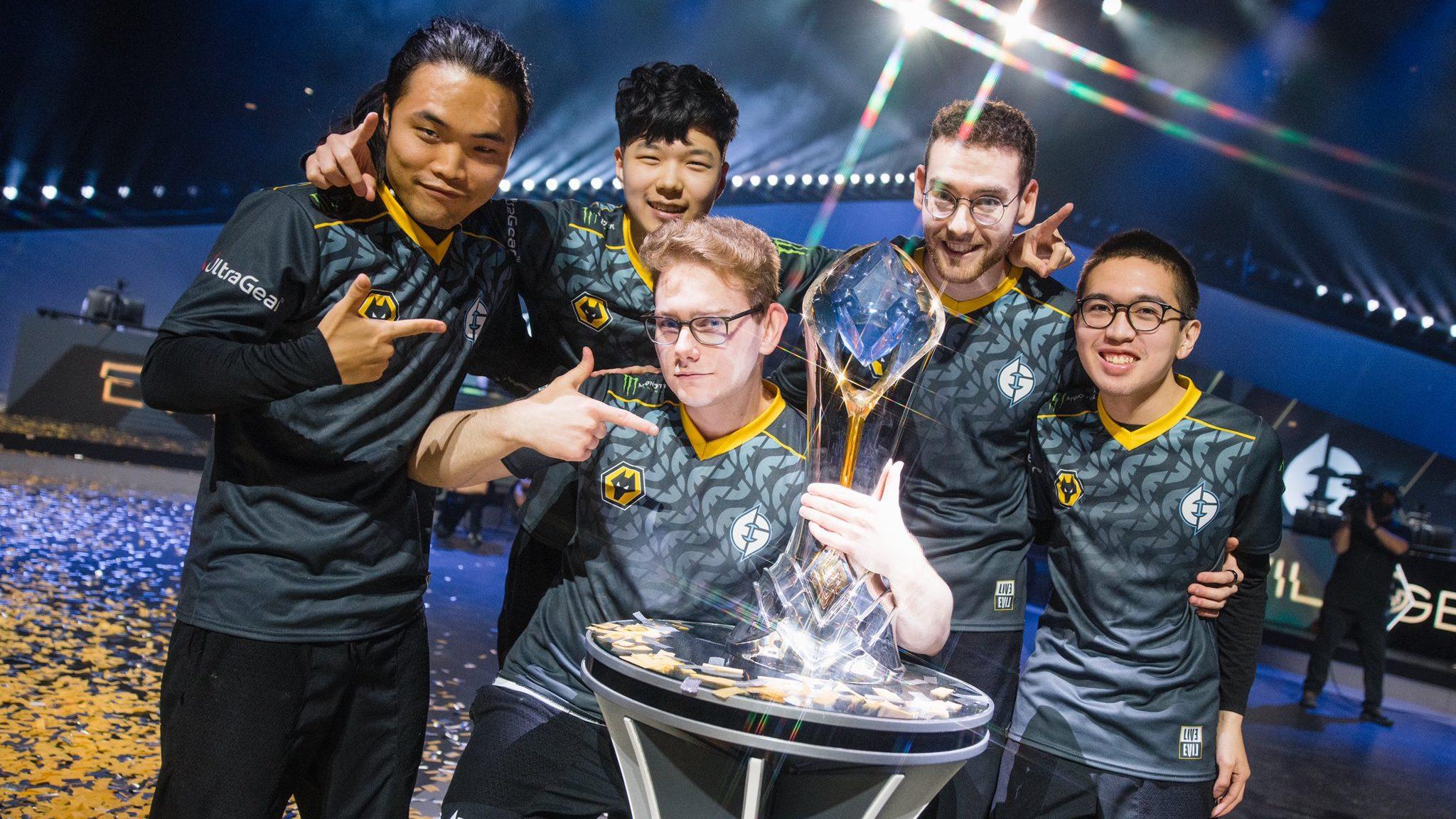 Riot Games
Riot GamesWith two homegrown players in Joseph ‘Jojopyun’ Joon Pyun and Kyle ‘Danny’ Sakamaki, Evil Geniuses’ League of Legends won its first LCS title this year and went on to represent North America at the Mid-Season Invitational in Busan, South Korea.
“When we look at League of Legends, we identify talent and develop them in-house using data and analytics,” DeAppolonio says. “Those are areas that we will bring into Counter-Strike but using different types of metrics that make sense for this title.
“There will be similarities there in terms of how our data science team will work with our coaching staff to look at player development. The other area we have seen with League is a support system for the team, not just with coaching staff and management, but also mental health coaches and physical therapists.”
Engels agrees with the notion that replicating the organization’s success story in League of Legends would be the ideal scenario with Blueprint.
“I would love to have future North American Counter-Strike stars,” he says. “Who wouldn’t? You can see with our selection of players that there is a focus on North America. We’re not trying to farm European talent and bring them to North America. We want to invest in the North American Counter-Strike space.
“Counter-Strike would probably love to have another Jojo, especially with the banter style.”
As the Party Astronauts and Carpe Diem players begin the process of acclimatizing to their new surroundings and feeling the weight of expectations that come from representing one of North America’s biggest organizations, Engels knows that it will take time for Blueprint to bear fruits. But he’s not looking for instant success, and neither are these new players.
😳#CSGOesEVIL pic.twitter.com/B1rlFBmpFf
— EG CS:GO (@EG_CSGO) June 2, 2022
With the Major rules limiting the number of players that can represent an organization at Valve events to five (plus one substitute), EG’s new talent know that they are sacrificing immediate opportunities in the pursuit of future glory.
“Because they will get the infrastructure and the development, they see the light at the end of the tunnel,” Engels says. “They see the greater good of developing through the Evil Geniuses Blueprint.
“Hopefully, they will become the future of North American Counter-Strike and get us lifting trophies again.”
